How To Tell If Your Muffler Needs Repair or Replacement
source:www.dzqicheng.com | Release time:2024年10月30日What Does A Muffler Do?
A muffler is a device that reduces the noise and emissions from a vehicle’s engine. It’s located at the bottom rear of a car and is part of its exhaust system. The muffler is a critical player in your car’s exhaust system. It comprises components like the exhaust pipe, catalytic converter, and muffler itself, all leading to the exhaust tip.
Starting at the exhaust manifold, connected to the engine’s cylinder head, the system kickstarts its mission to move harmful carbon monoxide and noise through a complex pathway. When these emissions reach the muffler, most harmful particles have been filtered out, leaving it to fulfill its duty as the vehicle’s sound dampener. This process reduces noise pollution and is crucial to environmental protection by ensuring cleaner emissions.
How To Tell If Your Muffler Needs Repair or Replacement
Identifying the right time for a muffler repair or replacement is essential for uninterrupted and safe driving. Here are some signs to watch out for:
Loud Exhaust Noise
The most apparent sign of muffler distress is a noticeable increase in your vehicle’s exhaust noise. Believe it or not, a loud muffler is not a good thing. A functional muffler typically ensures a quiet and smooth engine sound. However, if you start experiencing a louder-than-usual rumble, particularly when accelerating, it’s likely that your muffler is compromised. Holes or cracks in the muffler can lead to a failure in sound dampening, necessitating a repair or replacement.
Rust or Holes
Mufflers endure a lot and are exposed to the elements since they’re on the vehicle’s underside. Over time, this exposure can lead to rust or the development of holes, directly impacting the muffler’s ability to function correctly. Visible signs of corrosion or holes on the muffler indicate it’s time for a professional check-up.
Reduced Fuel Efficiency
A less obvious but significant sign of a muffler issue is a drop in fuel efficiency. When a muffler is clogged or damaged, it can cause back pressure in the exhaust system, making the engine work harder and consume more fuel. If you notice your car guzzling more gas than usual, it might point to an exhaust system problem, including the muffler.
Vibration or Rattling Noise
Another symptom of muffler failure is an unusual vibration or a rattling sound, which often indicates that the exhaust system has become unbalanced. This imbalance can be due to internal damage or wear in the muffler, leading to discomfort while driving and potentially larger issues if not addressed.
Bad Smell
A malfunctioning muffler can also lead to a noticeable bad odor. This happens when the muffler fails to channel exhaust gases properly, leading to a leakage of these fumes. Not only is this unpleasant, but it can also pose health risks, as these emissions can be toxic.
Low Gas Mileage
Surprisingly, a failing muffler can also affect your vehicle’s gas mileage. The inefficiency in the exhaust system caused by a damaged muffler forces the engine to work harder, thus using more fuel. This reduction in fuel economy can be a subtle indicator of muffler issues.
Stalling or Performance Issues
Broader performance issues like stalling or poor acceleration can also stem from muffler problems. The exhaust system, including the muffler, plays a role in the overall engine performance, and any malfunction within this system can lead to significant engine problems.
Related products
 WeChat ID:whatsapp
WeChat ID:whatsapp







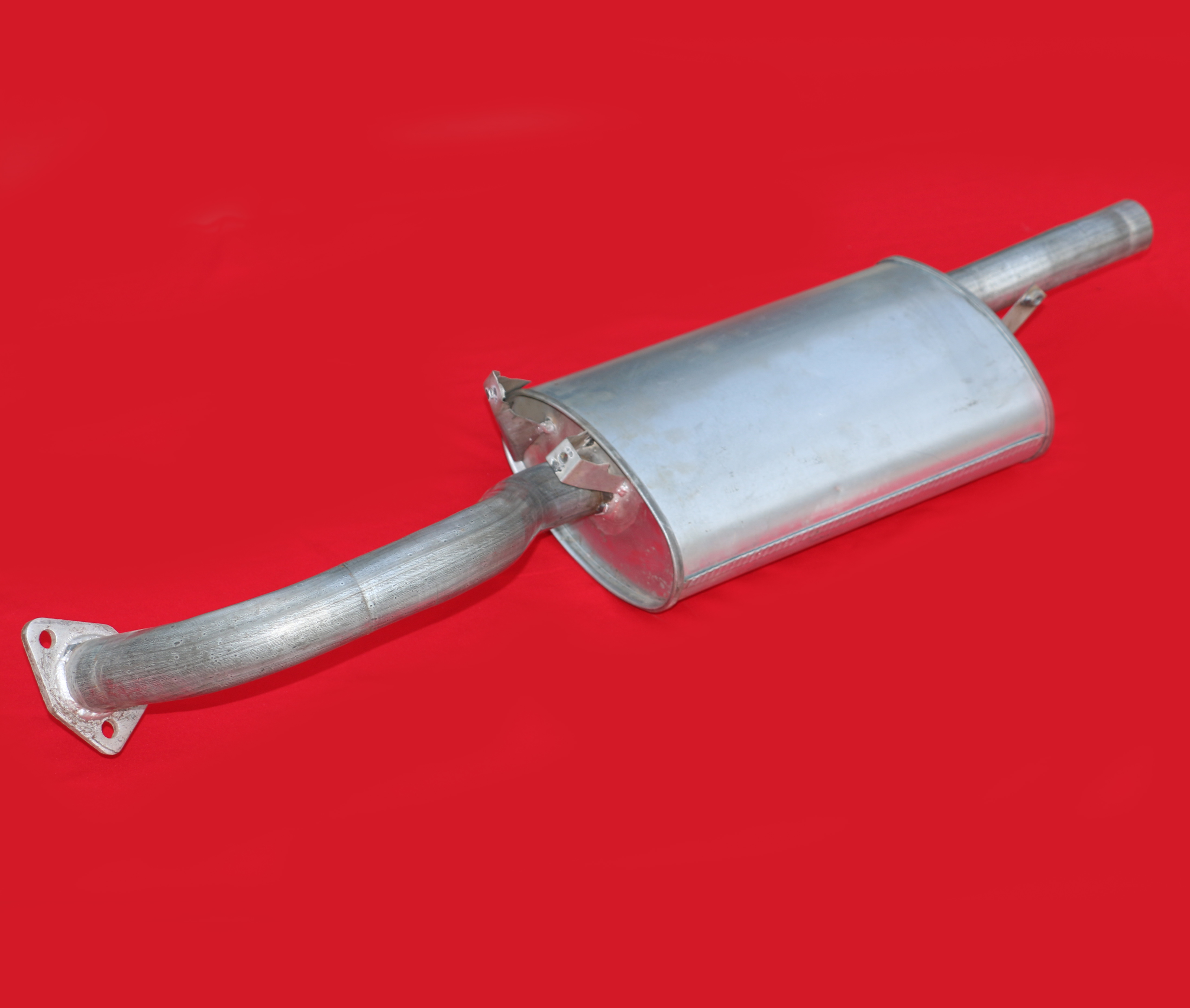
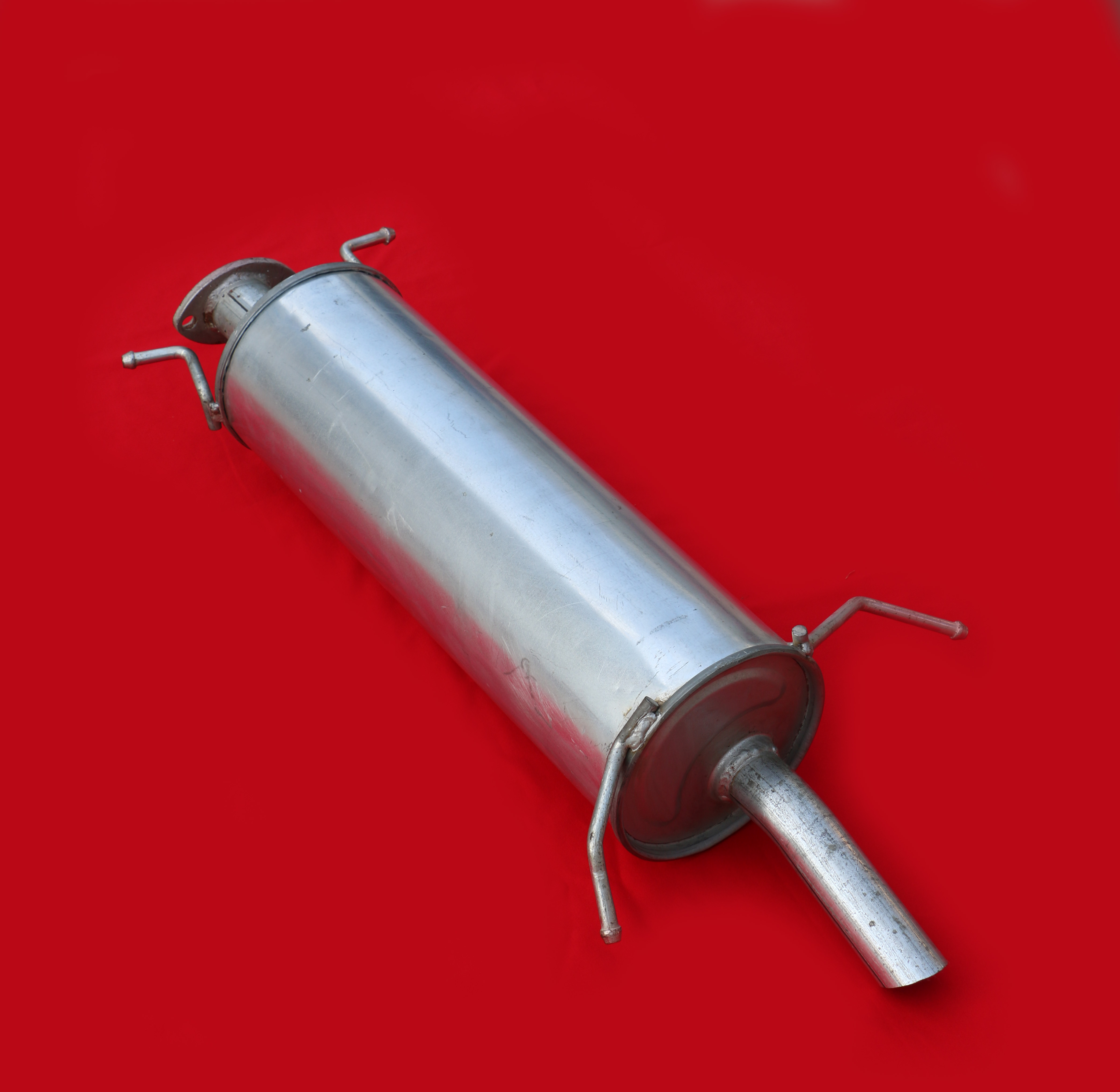
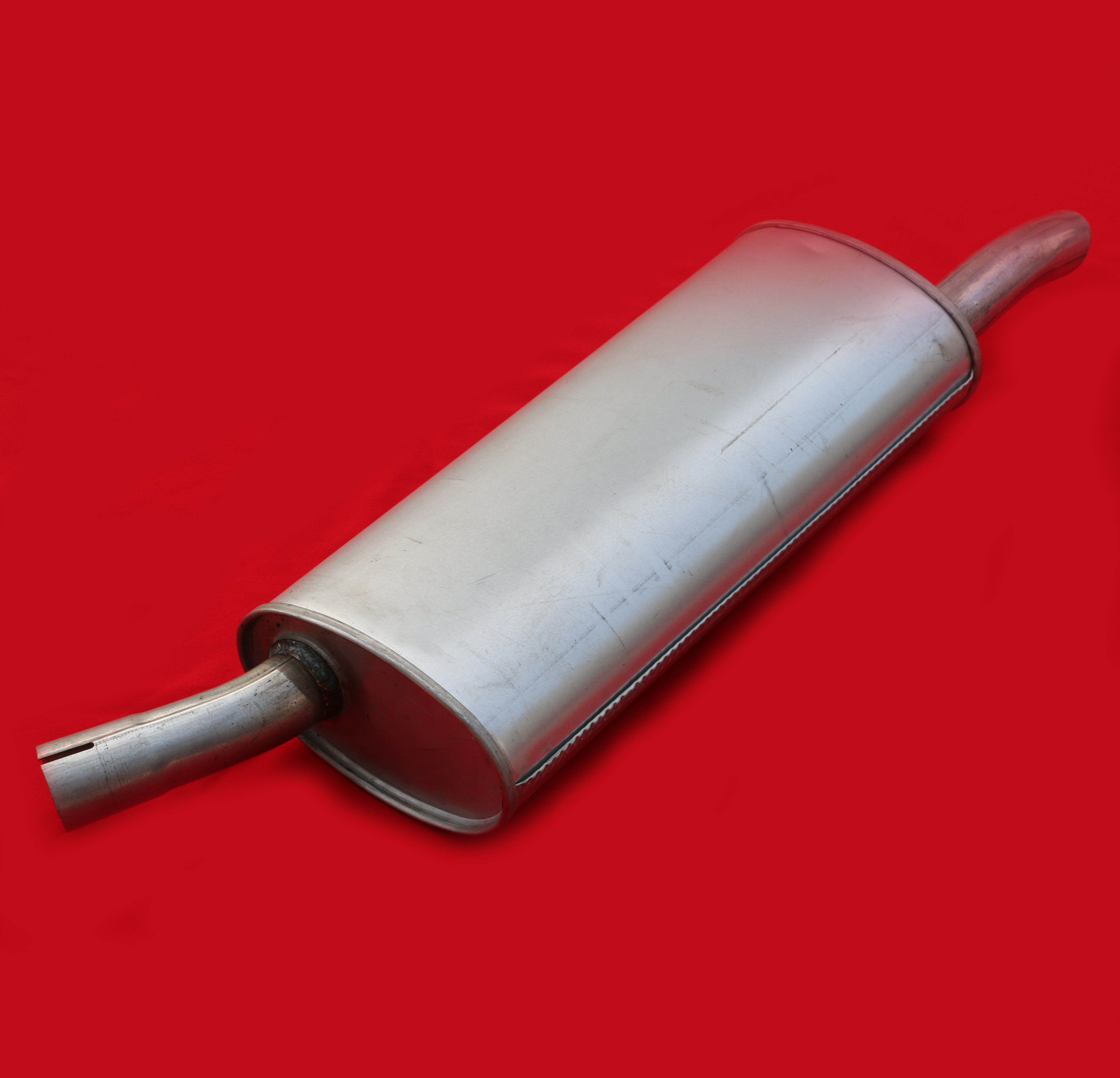
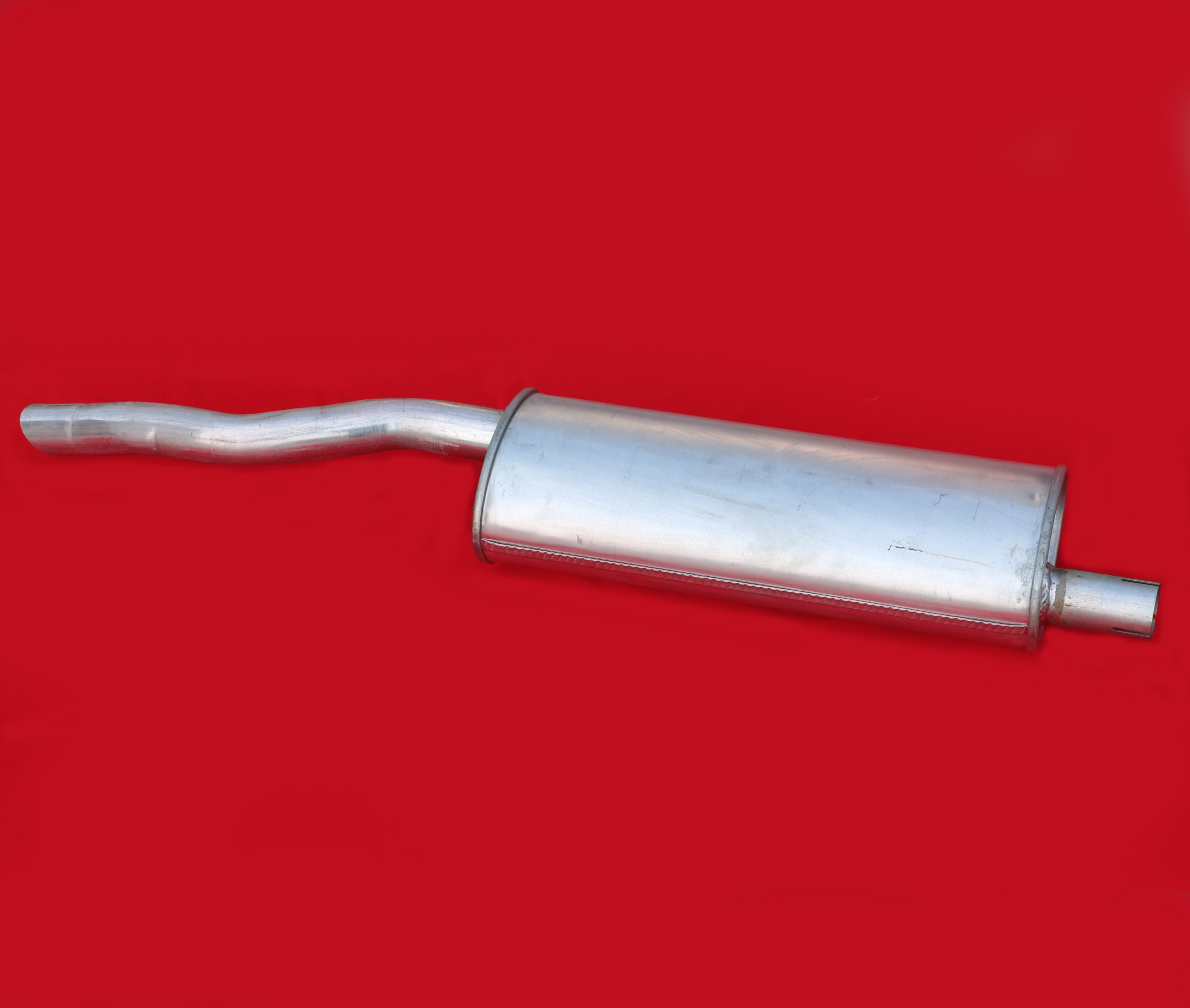
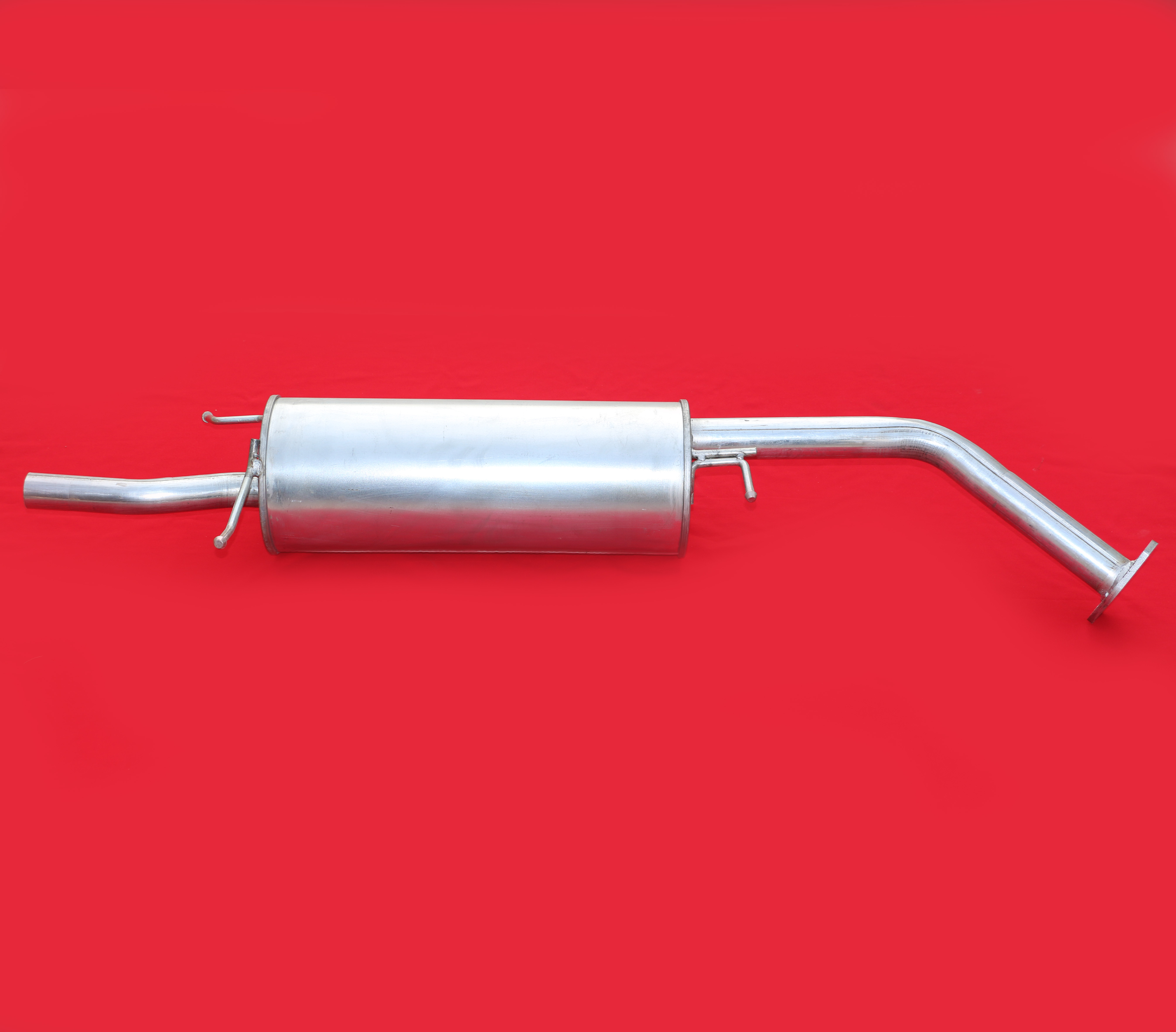
 Whatsapp
Whatsapp  Whatsapp
Whatsapp
 Contact
Contact
 phone
phone